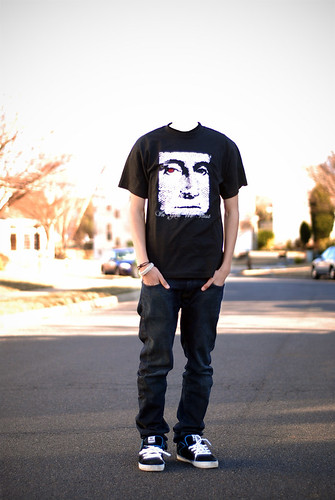How much of your behavior is unconsciously determined by your surroundings?
.
A great deal of it, potentially. People primed with ideas (like “rudeness”) demonstrated those behaviors more readily (interrupting the experimenter) without realizing it:
Previous research has shown that trait concepts and stereotype become active automatically in the presence of relevant behavior or stereotyped-group features. Through the use of the same priming procedures as in previous impression formation research, Experiment 1 showed that participants whose concept of rudeness was printed interrupted the experimenter more quickly and frequently than did participants primed with polite-related stimuli. In Experiment 2, participants for whom an elderly stereotype was primed walked more slowly down the hallway when leaving the experiment than did control participants, consistent with the content of that stereotype. In Experiment 3, participants for whom the African American stereotype was primed subliminally reacted with more hostility to a vexatious request of the experimenter. Implications of this automatic behavior priming effect for self-fulfilling prophecies are discussed, as is whether social behavior is necessarily mediated by conscious choice processes.
Source: “Automaticity of social behavior: direct effects of trait construct and stereotype-activation on action.” from J Pers Soc Psychol. 1996 Aug;71(2):230-44.
Join over 195,000 readers. Get a free weekly update via email here.
Related posts:
How To Stop Being Lazy And Get More Done – 5 Expert Tips
How To Get People To Like You: 7 Ways From An FBI Behavior Expert
New Harvard Research Reveals A Fun Way To Be More Successful




